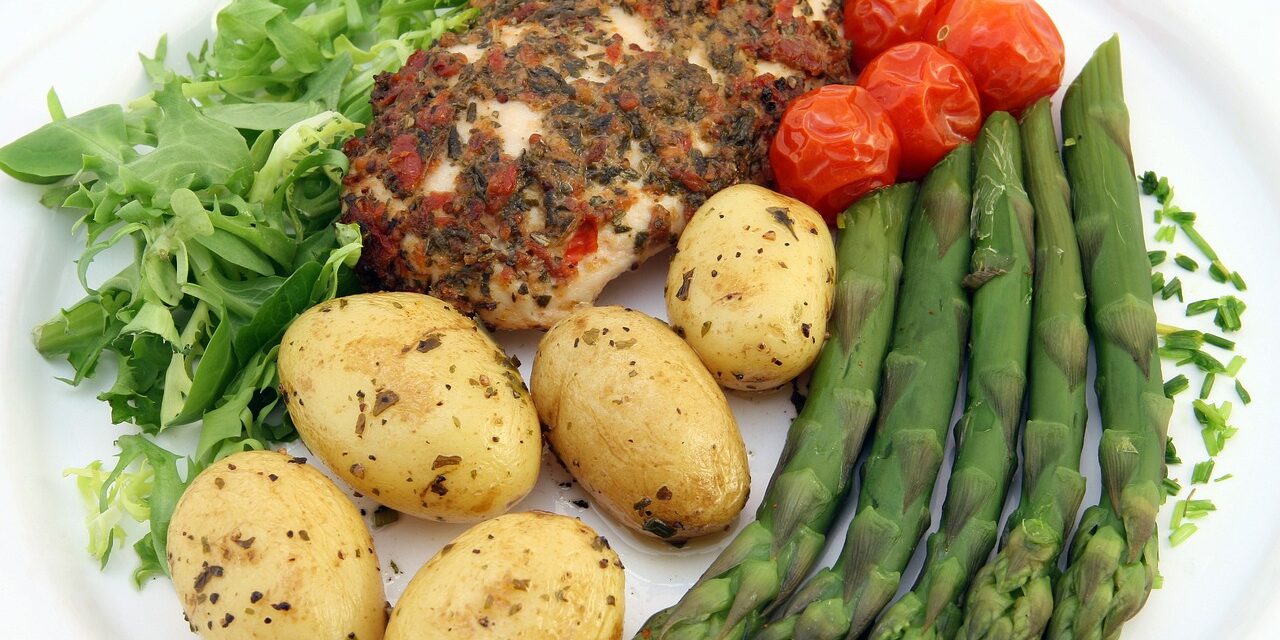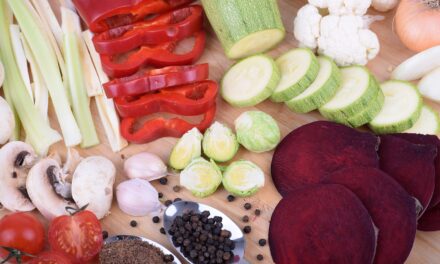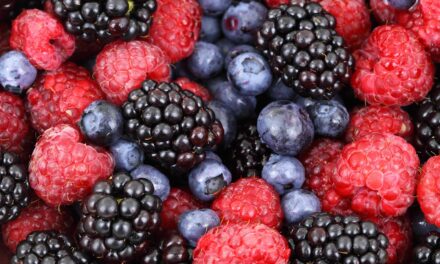Reaching the age of 50 often brings a newfound focus on health and well-being. With this milestone, it becomes increasingly important to pay attention to what we eat, as our bodies’ nutritional needs and how we process food change. Understanding the foods to avoid after 50 is crucial in maintaining health, preventing chronic diseases, and ensuring a high quality of life. This article aims to provide in-depth insights into dietary choices that are best minimized or avoided altogether for those in their golden years.
Why does diet matter more after 50? As we age, our bodies undergo various physiological changes, including a slower metabolism, alterations in digestive function, and an increased risk of health conditions like heart disease, diabetes, and osteoporosis. The right diet can help mitigate these risks, while poor dietary choices can exacerbate them. Thus, understanding which foods to limit or avoid becomes a key component of a healthy aging strategy.
This guide is more than just a list of foods to steer clear of; it’s an exploration into why certain foods may be detrimental after 50 and how avoiding them can benefit your overall health. We will delve into the latest research and expert opinions to uncover the rationale behind these dietary recommendations. Whether you’re looking to refine your diet for personal health goals, or seeking advice on how to best support your body’s changing needs, this article will provide valuable guidance and practical tips.
So, let’s embark on this journey of discovery. By understanding and adjusting our dietary habits, we can embrace our 50s and beyond with vitality, vigor, and an empowered approach to health and wellness. It’s about making informed choices that not only cater to our taste buds but also nurture our bodies in the best way possible.
Understanding Dietary Choices: Foods to Avoid or Limit After 50
As you navigate your 50s and beyond, certain foods can have a more significant impact on your health than they might have had in earlier years. Here, we delve into specific foods that are generally best avoided or limited after 50, backed by research and expert advice.
Highly Processed Foods and Refined Sugars
Processed foods and items high in refined sugars can be particularly harmful as you age. These foods often contain unhealthy fats, excessive salt, and added sugars, which can contribute to weight gain, disrupt metabolic health, and increase the risk of chronic diseases like type 2 diabetes and heart disease. A study published in the Journal of the American College of Cardiology found a significant association between the consumption of ultra-processed foods and the risk of cardiovascular disease.
Excessive Salt Intake
High salt intake is linked to elevated blood pressure, a leading risk factor for heart disease and stroke. As the body’s ability to regulate sodium diminishes with age, it becomes even more important to limit salt consumption. Processed and canned foods are often high in sodium, so opting for fresh or minimally processed options is advisable.
Saturated and Trans Fats
Foods high in saturated and trans fats can negatively impact heart health by increasing LDL cholesterol levels. These fats are commonly found in fatty meats, full-fat dairy products, and many baked goods. Instead, focusing on foods with healthy fats, like avocados, nuts, and olive oil, is recommended.
Alcohol in Excess
While moderate alcohol consumption may have some health benefits for certain individuals, excessive drinking can lead to various health issues, including liver problems and increased risk of certain cancers. Moderation is key, and for some, avoiding alcohol altogether may be the best choice.
Caffeine Sensitivity
As we age, our bodies may become more sensitive to caffeine. Excessive caffeine can disrupt sleep patterns and potentially exacerbate issues like high blood pressure or heart problems. Monitoring and possibly reducing caffeine intake, especially later in the day, can be beneficial.
Expert Advice on Making Dietary Changes
Experts recommend making gradual dietary changes rather than drastic adjustments. It’s about creating a sustainable eating pattern that includes a variety of nutrient-rich foods. Consulting with a dietitian or healthcare provider can help tailor dietary choices to your specific health needs and goals.
In the next section, we will summarize the key takeaways from this exploration and offer actionable advice for those seeking to optimize their diet after 50.
Optimizing Your Diet After 50: Key Takeaways and Practical Tips
Making informed dietary choices is pivotal as you age. The foods you eat can have a profound impact on your overall health, energy levels, and quality of life. Let’s summarize the key points discussed and offer practical advice for adopting a healthier diet after 50.
Essential Dietary Takeaways
- Limit Processed Foods and Refined Sugars: These can lead to weight gain and increase the risk of chronic diseases. Opt for whole, unprocessed foods as much as possible.
- Watch Your Salt Intake: High salt consumption is linked to hypertension and cardiovascular issues. Use herbs and spices to flavor your food instead.
- Reduce Saturated and Trans Fats: Favor foods with healthy fats and limit the intake of foods high in unhealthy fats to maintain good heart health.
- Moderate Alcohol Consumption: Excessive drinking can lead to various health problems. If you choose to drink, do so in moderation.
- Be Mindful of Caffeine: With increased sensitivity to caffeine in later years, monitor and adjust your intake accordingly.
Practical Tips for Implementing Dietary Changes
- Start with Small Changes: Gradually incorporate healthier food choices into your diet. This could mean starting with switching out processed snacks for fruits or nuts.
- Plan Balanced Meals: Ensure your meals contain a good balance of protein, carbohydrates, and fats. Include plenty of vegetables and whole grains.
- Stay Hydrated: Drink plenty of water throughout the day. Sometimes thirst is mistaken for hunger, so staying hydrated can help manage hunger and overall health.
- Read Labels: Become familiar with reading food labels to better understand what you’re consuming, especially in terms of ingredients and nutritional content.
- Consult Professionals: Seek advice from a dietitian or healthcare provider, especially if you have specific health conditions or dietary needs.
- Experiment with Recipes: Try new recipes that incorporate healthy ingredients. Cooking at home allows you to control what goes into your food.
- Listen to Your Body: Pay attention to how different foods make you feel. Your body can give you cues about what it needs and what you should avoid.
Adopting healthier food habits after 50 can be a rewarding journey. It’s about making choices that nourish your body, cater to your changing nutritional needs, and enhance your overall well-being. With these strategies and tips, you can take meaningful steps towards a healthier, more vibrant dietary lifestyle.






